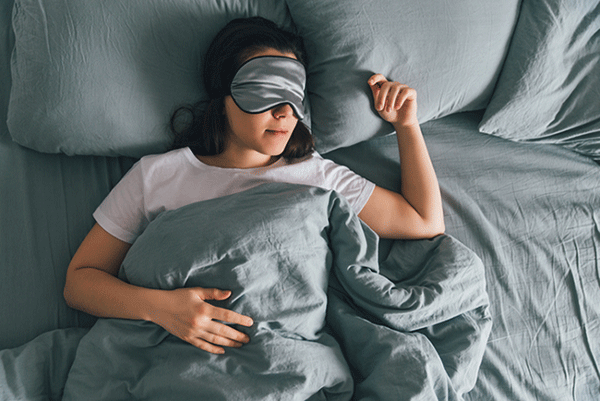Good Sleep Habits
Published by MAXSolutions on August 01, 2019

Sleep can be affected by many things. Most people experience difficulty sleeping when they are stressed, worried or experiencing change. There are a lot of things that you can do to improve your sleep.Try some of the suggestions below to see which ones work for you:
- Talk to a friend who does shift work – shift workers tend to be masters at sleep!
- Have a regular bed time and wake time seven days a week.
- Go to bed when you are sleepy.
- If you haven’t fallen asleep after 20minutes, get up and do something relaxing (watching a scary show isn’t relaxing).
- Avoid naps during the day. This can be difficult if you are very sleepy.
- Avoid stimulants like caffeine, nicotine, and alcohol, particularly close to bed time. Some psychologists recommend avoiding stimulants completely, or at least after 2pm.
- Exercise in the morning or late afternoon, rather than just before bed time. If the only time you have to exercise is just before bed, choose a relaxing exercise like yoga.
- Large meals or sugary food can be disruptive right before sleep.
- Although it can be challenging for people who work at nights, a healthy sleep wake cycle is facilitated by exposure to light during the day.
- A dark, quiet room at an ideal temperature can also help sleep. Consider whether you need to disable your front door bell and silence your telephone.
- Minimise interruptions.
- Have a regular relaxing bedtime routine.
- Don't dwell on problems in bed. If this is difficult for you, have a “worry list” by your bed. If a worry is particularly persistent, write it down and apply your problem solving skills to it when you are awake and vigilant. You are unlikely to do your best problem solving in the middle of the night when you are supposed to be sleeping.
- Associate your bed with sleep. It's not a good idea to use your bed to watch TV, listen to the radio, or read.
If you need more help, contact your EAP. We help lots of people improve their sleep.
References
Share
Tags
Found this useful?
Help and advice
Our blogs are about helping people seek the information that they need for their steps in the workforce.














_1.jpg)





























.jpeg)

















